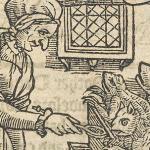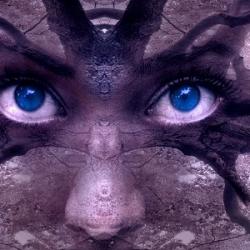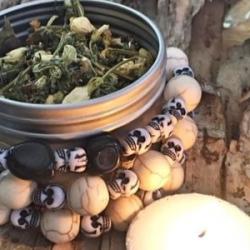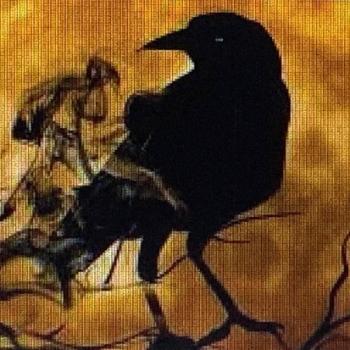John Barleycorn must die! sung here by the pagan band Willow’s Drum. An old British folk song believed to date back to Queen Elisabeth the 1st reign, possibly earlier. This version, although not the first and surley not the last, is the one most remembered to date. By Scottish poet Robert Burns in 1782:
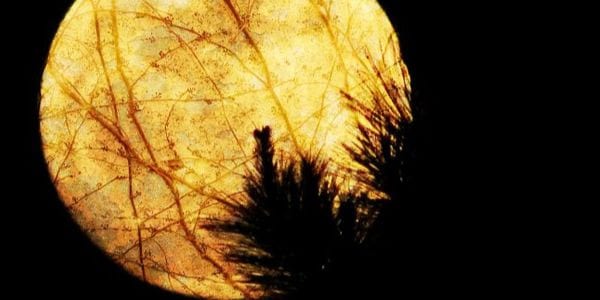
There was three kings unto the east,
Three kings both great and high,
And they hae sworn a solemn oath
John Barleycorn should die.
They took a plough and plough’d him down,
Put clods upon his head,
And they hae sworn a solemn oath
John Barleycorn was dead.
But the cheerful Spring came kindly on,
And show’rs began to fall;
John Barleycorn got up again,
And sore surpris’d them all.
The sultry suns of Summer came,
And he grew thick and strong;
His head weel arm’d wi’ pointed spears,
That no one should him wrong.
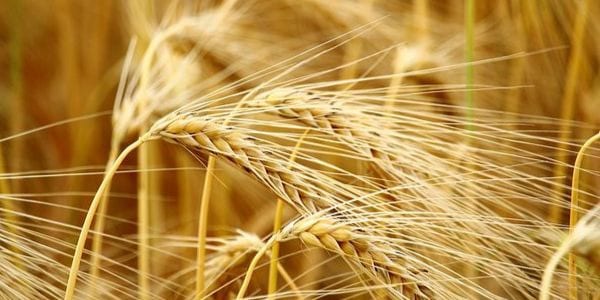
The sober Autumn enter’d mild,
When he grew wan and pale;
His bending joints and drooping head
Show’d he bagan to fail.
His colour sicken’d more and more,
He faded into age;
And then his enemies began
To show their deadly rage.
They’ve taen a weapon, long and sharp,
And cut him by the knee;
Then tied him fast upon a cart,
Like a rogue for forgerie.
They laid him down upon his back,
And cudgell’d him full sore;
They hung him up before the storm,
And turn’d him o’er and o’er.
They filled up a darksome pit
With water to the brim;
They heaved in John Barleycorn,
There let him sink or swim.
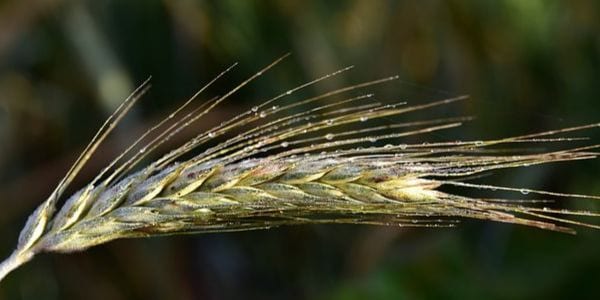
They laid him out upon the floor,
To work him further woe;
And still, as signs of life appear’d,
They toss’d him to and fro.
They wasted, o’er a scorching flame,
The marrow of his bones;
But a miller us’d him worst of all,
For he crush’d him between two stones.
And they hae taen his very heart’s blood,
And drank it round and round;
And still the more and more they drank,
Their joy did more abound.
John Barleycorn was a hero bold,
Of noble enterprise;
For if you do but taste his blood,
‘Twill make your courage rise.
‘Twill make a man forget his woe;
‘Twill heighten all his joy;
‘Twill make the widow’s heart to sing,
Tho’ the tear were in her eye.
Then let us toast John Barleycorn,
Each man a glass in hand;
And may his great posterity
Ne’er fail in old Scotland!
The ballet depicts the suffering and indignities John Barleycorn faces each fall, how he suffers attacks and lashes from sharp knives, cutting him to the knee, finally ending in his death. A death that corresponds to the stages of barley’s cultivation, as in the reaping and matting of the grain. A death of suffering and resurrection to celebrate the rejuvinating as well as intoxifying effects in the drinking of John Barleycorn’s blood.
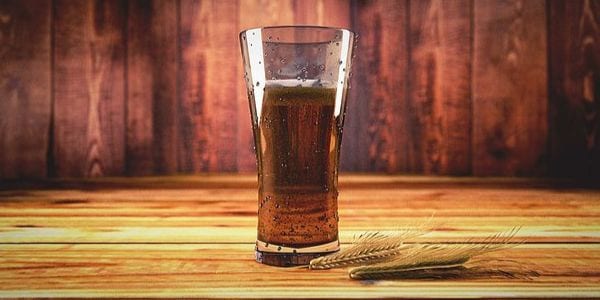
From a pagan point of view John Barleycorn represents the cycles of nature, spirits of both plant and drink, entwined together within the fall harvest. A time to reap what one has sown, and a time to celebrate John Barleycorn’s death, by the brewing of barley into beer, and whiskey. A cyclic nature of celebration, one of planting growing harvesting, and finally death. A working relationship with the gods of vegetation, who where then sacrificed in order to bring abundance and fertility to the lands.
The symbolism of John Barleycorn and his death can also be seen in the movie The Wicker Man. Throughout both versions of the movie showing the offering of death for rebirth, and the offerings of spiritual libations to the deties of the grains, and the sun. From Anglo-saxon paganism the deity Beowa has a connection to John Barleycorn as well, the name meaning barley, a correlation between the threshing of the grain, barley, and agriculture.
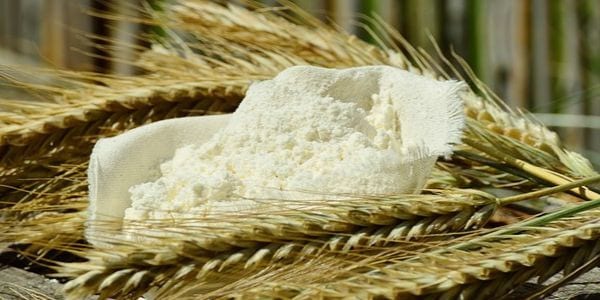
Barley and mankind go back quite a few moons. It’s uses for food drink and medicine, dating back over 12,000 years. Barley medicinally is used for the lowering of blood pressure, one’s blood sugar, an aid for digestive complaints, and inflammatory conditions. The oldest of the Seven Sacred Grains, and is thought to be a gentle nuturing plant spirit. Stimulating the Heart Chakra, being utilized to ease one’s emotional burdens by transforming dark negitive feelings into lighter more uplifting ones, before the time of darkness arrives. The baking of breads in John Barleycorn’s likeness, or often shaped as the sun, being made for the celebrations of the harvest, and Mabon.
So celebrate the death of John Barleycorn, offer libations of whiskey to the gods of the grains, try my favorite medieval barley and honey bread recipe and say farewell to our warm and golden days…



